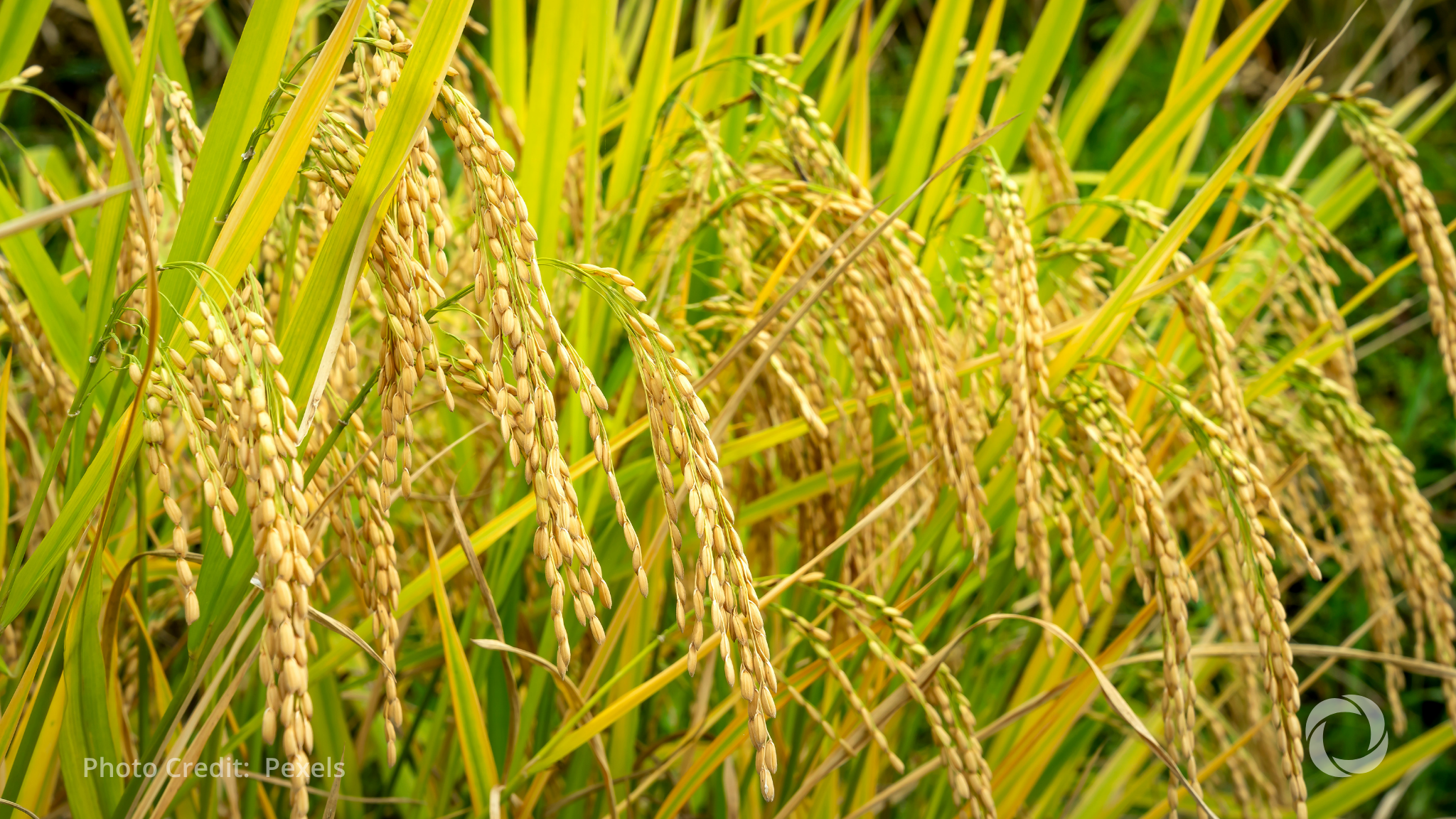The United Nations World Food Programme (WFP) has received more than 2,500 metric tons of rice from the Republic of Korea, worth about USD 2.9 million, to support 800,000 refugees and school children in Uganda, according to a press release. The rice was handed over at WFP’s logistics hub in Gulu, northern Uganda, and will cover vital food needs for one year.
The donation will provide meals for 600,000 refugees living in 13 settlements and 200,000 children under school feeding programs in the drought-prone Karamoja region. WFP is currently assisting around 700,000 refugees through food and cash transfers, alongside initiatives to improve nutrition for mothers and children. However, ongoing funding shortfalls forced the agency earlier this year to cut food rations and suspend aid for one million refugees.
“Over the years, the Republic of Korea has provided consistent and reliable support when it was needed most,” said Lauren Landis, WFP’s Country Director in Uganda. “At a time when funding gaps are putting families at risk of hunger, this contribution shows the power of international solidarity in action.”
In Karamoja, the rice will also support the government’s school meals program, which provides hot lunches to more than 255,000 students in 320 schools across nine districts. In a region where one in four children faces chronic malnutrition, these meals are often the only reliable food source many students receive each day.
Ambassador Park Sung-soo said Korea is proud to back Uganda’s humanitarian efforts and “help restore dignity and hope for vulnerable communities.” Uganda currently hosts 1.9 million refugees, the largest number in Africa, mostly fleeing conflicts in Sudan, South Sudan, and the Democratic Republic of the Congo. Korea has donated over 26,000 metric tons of rice to WFP in Uganda since 2018, reinforcing its long-term commitment to global food security.

